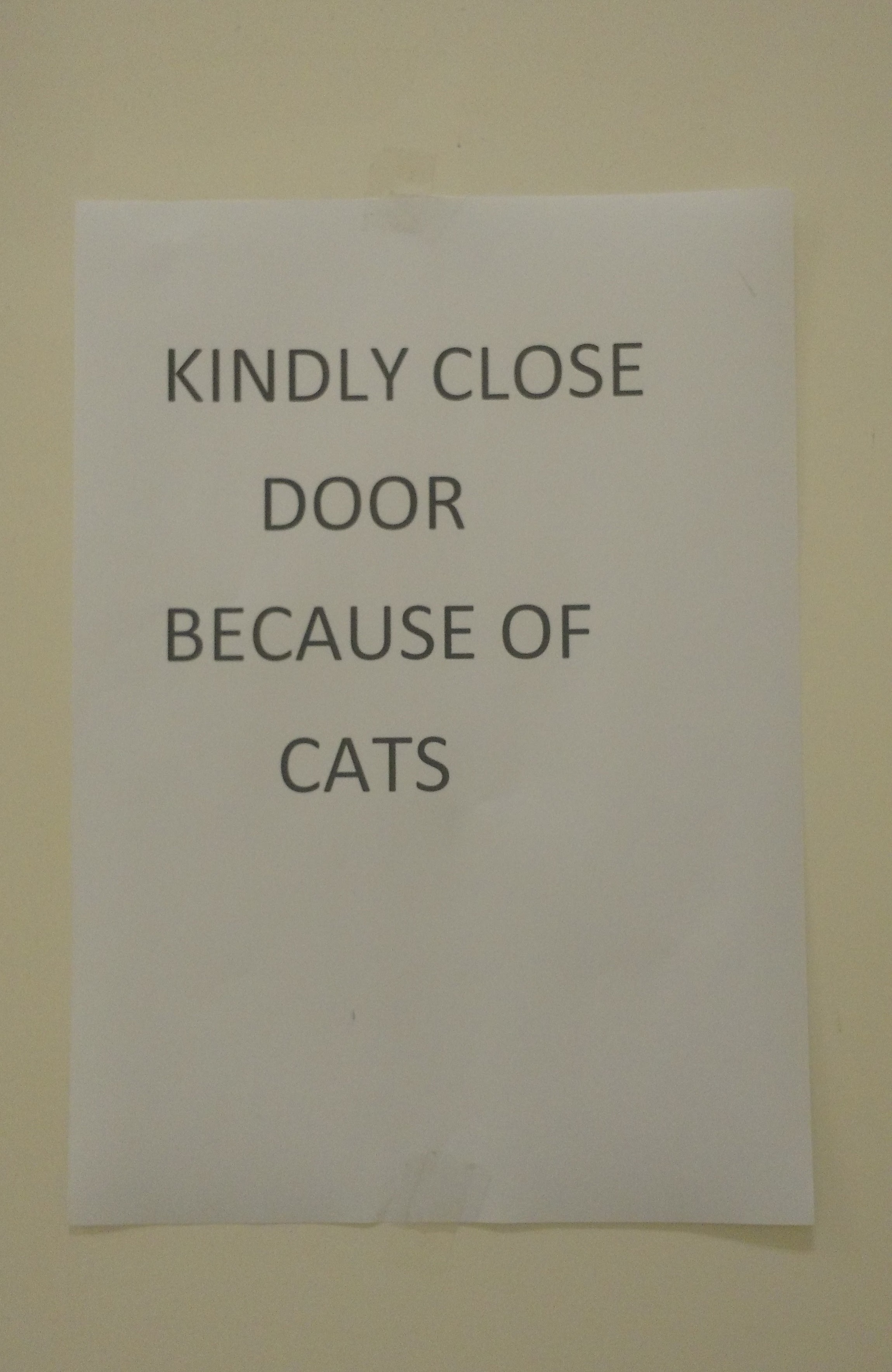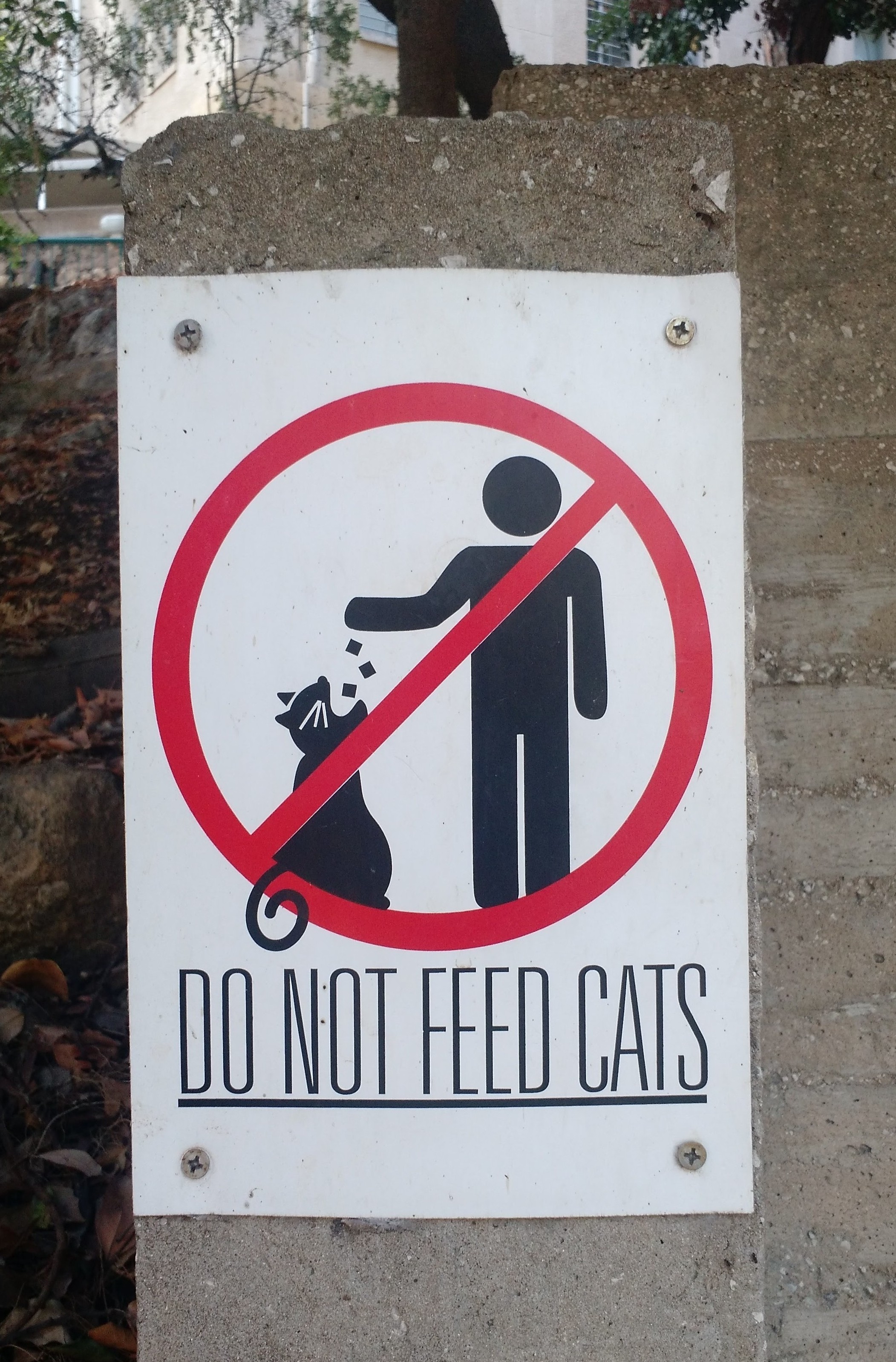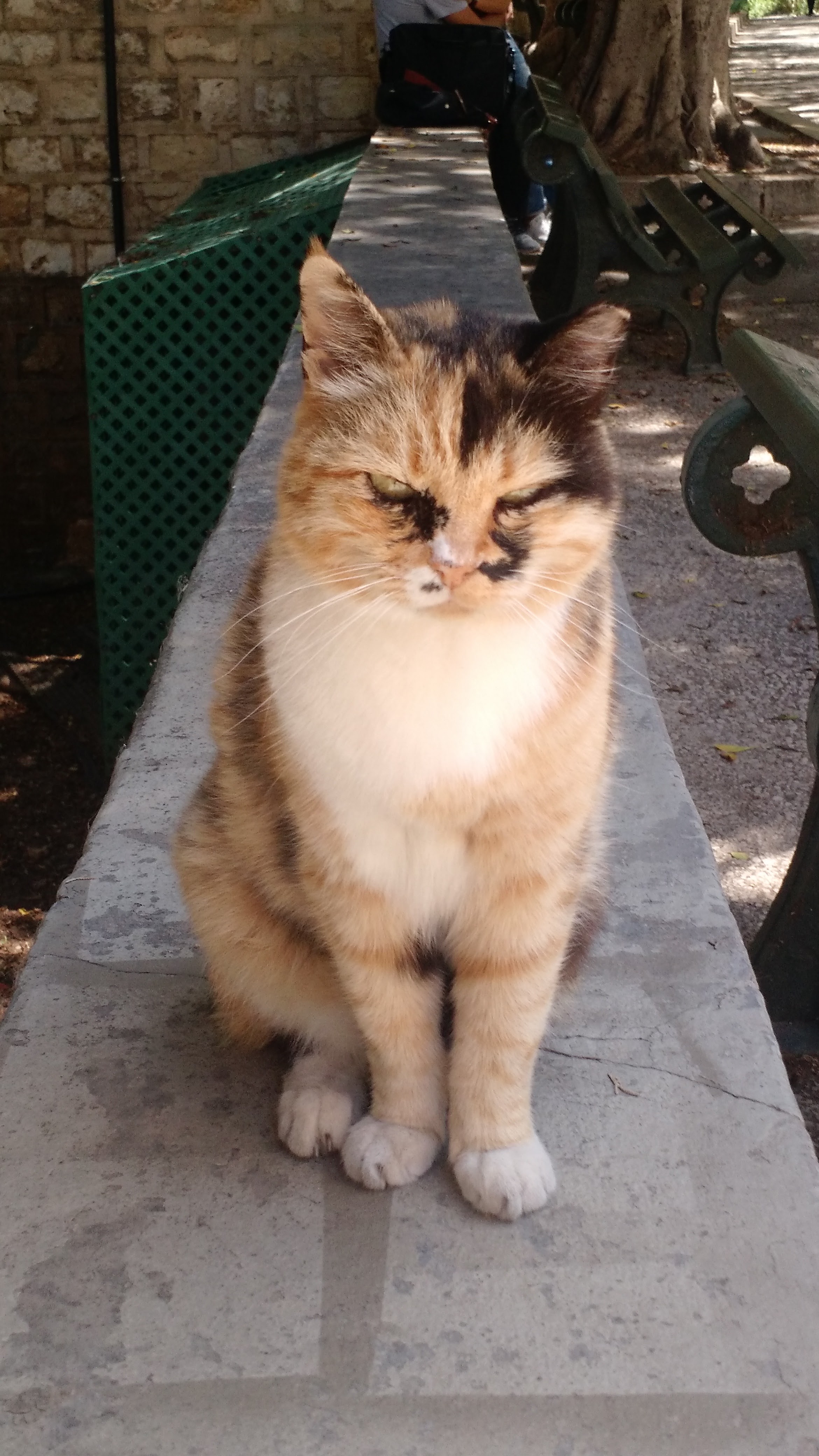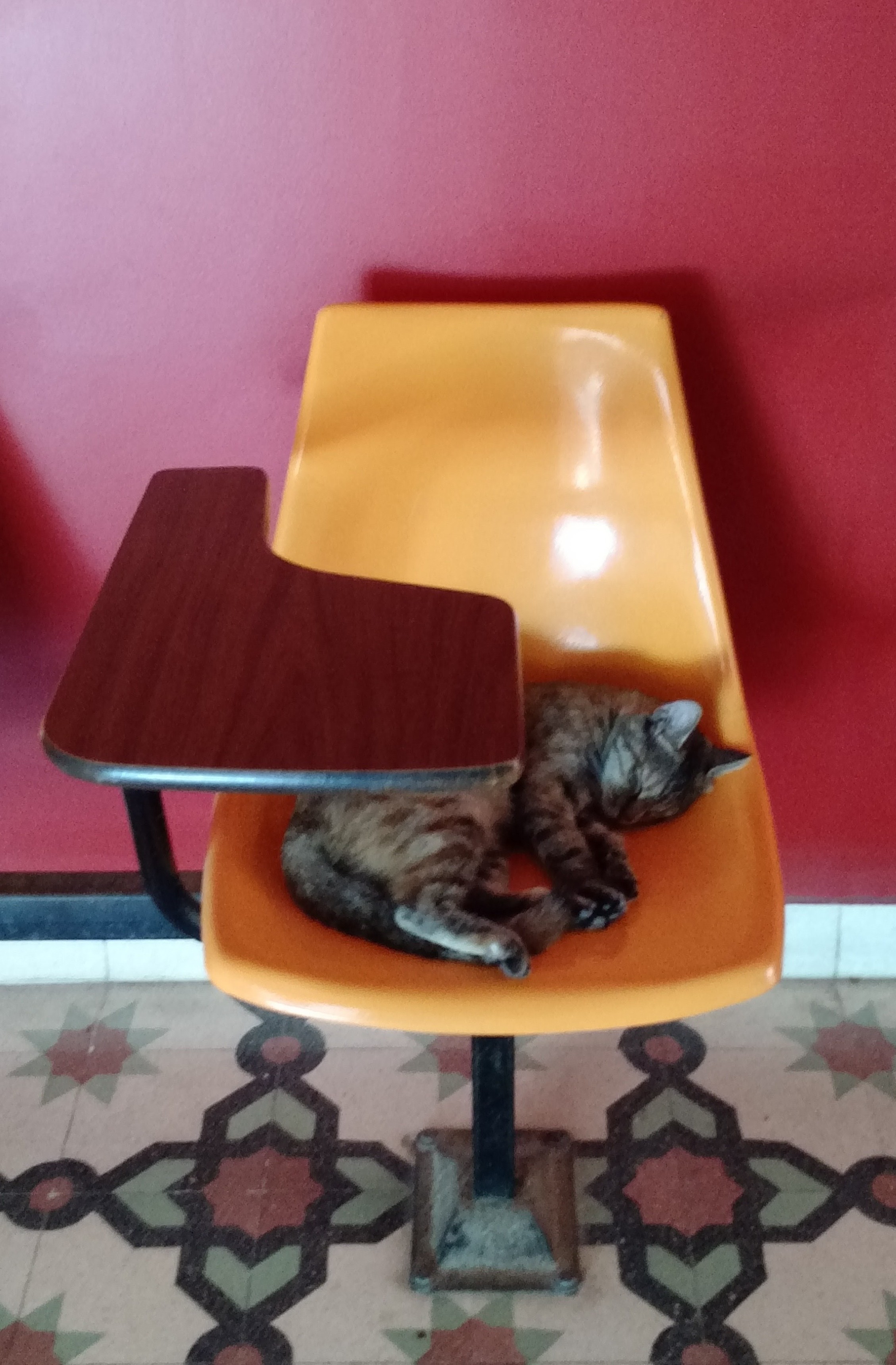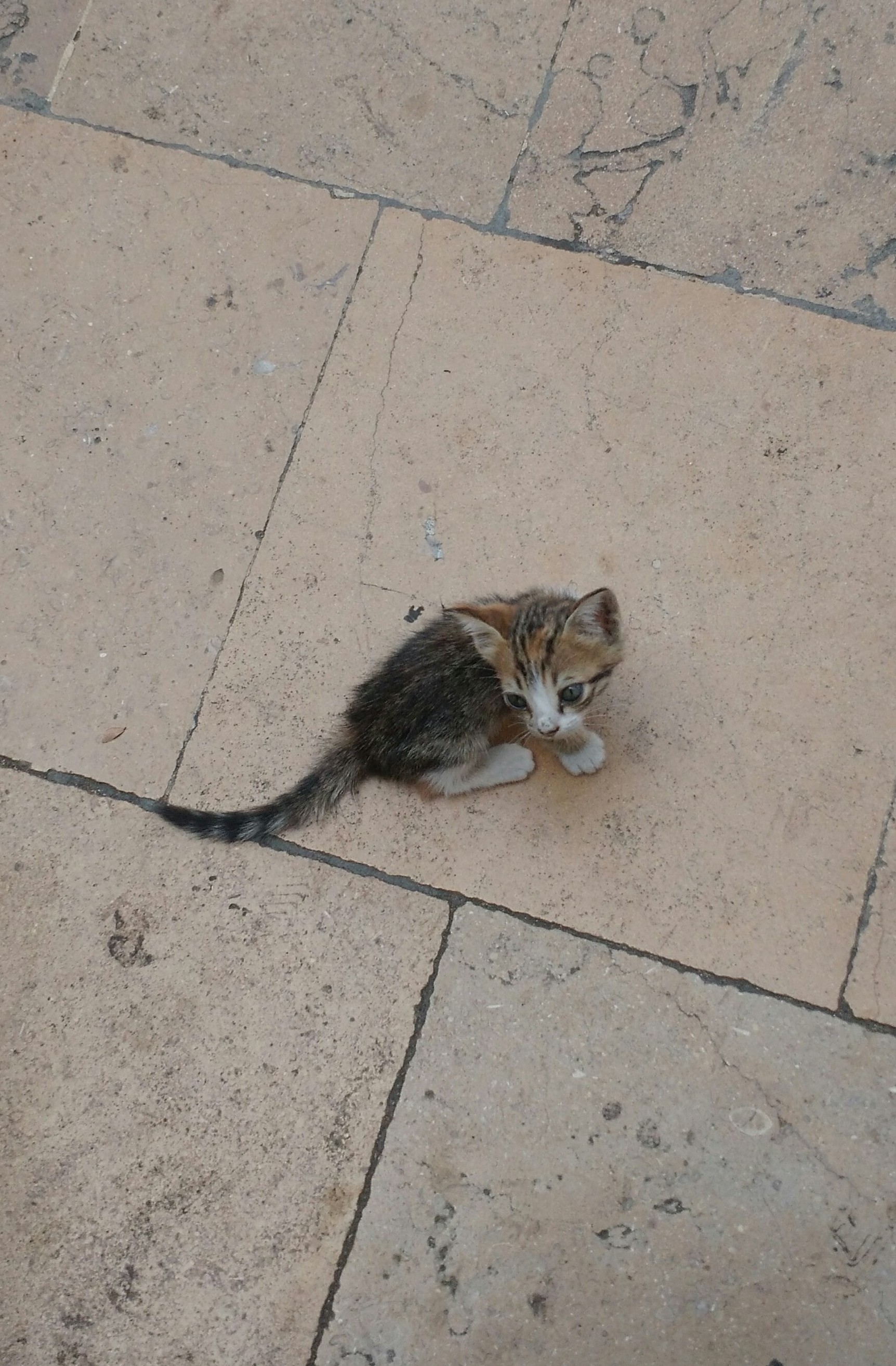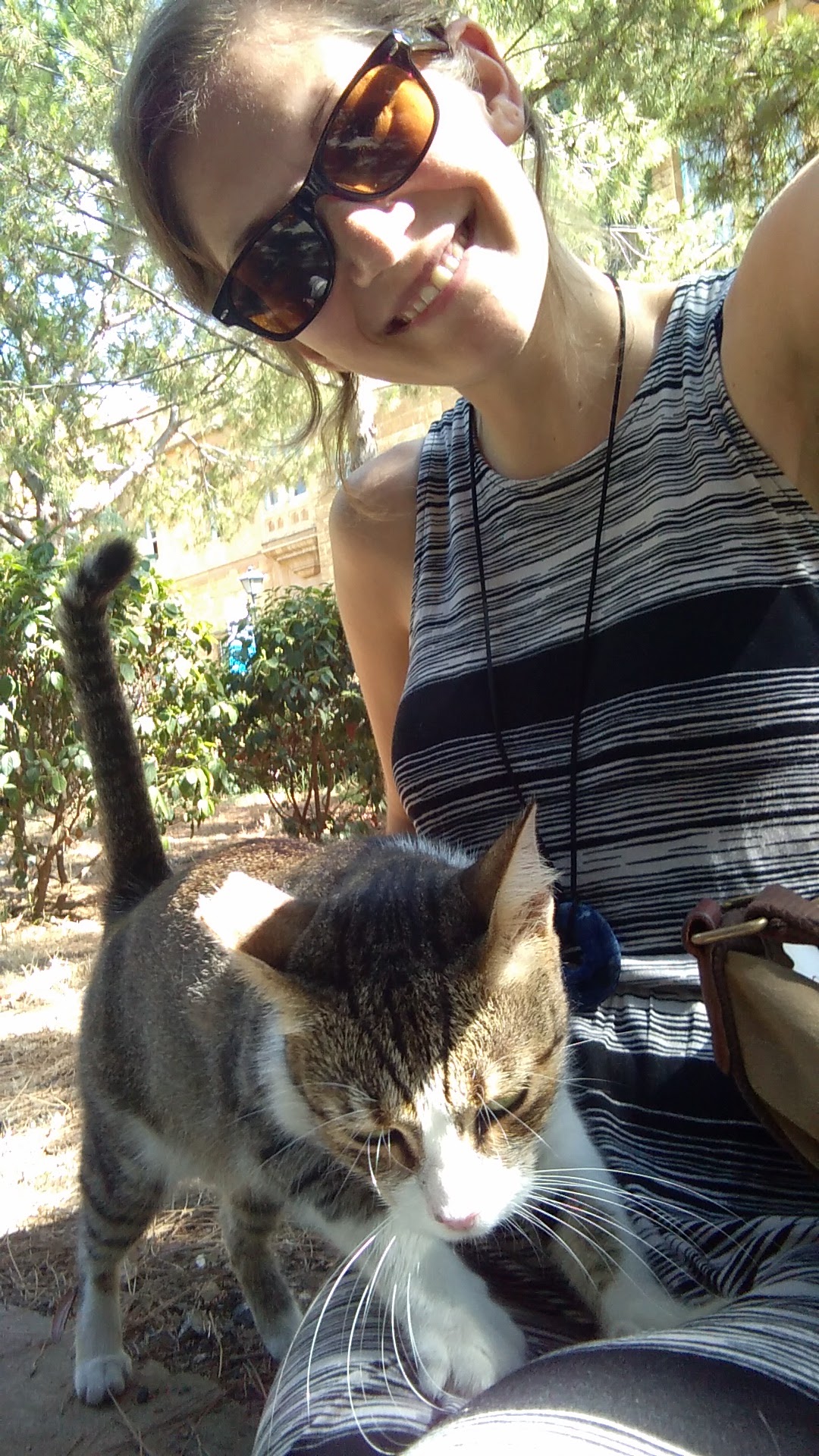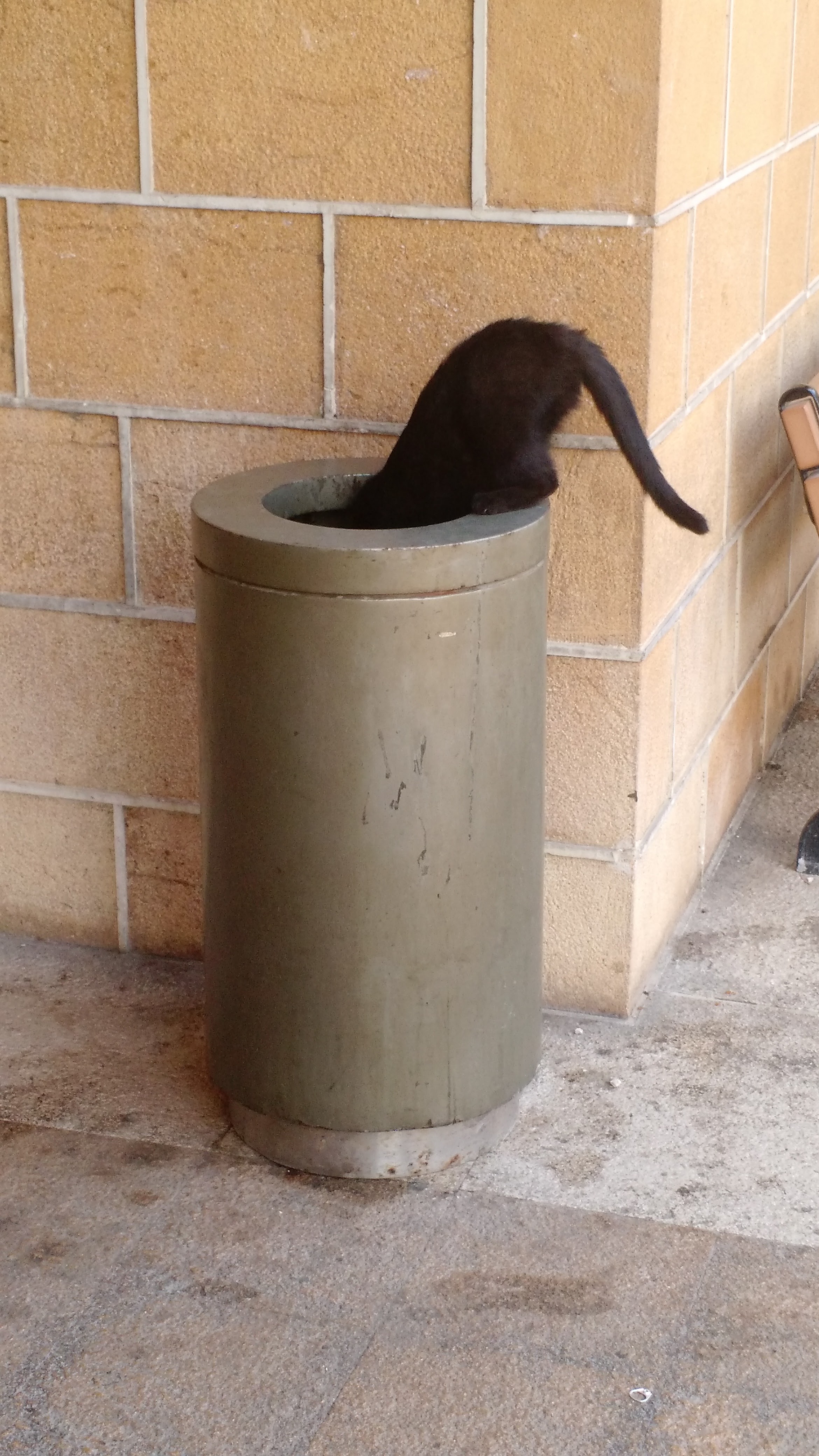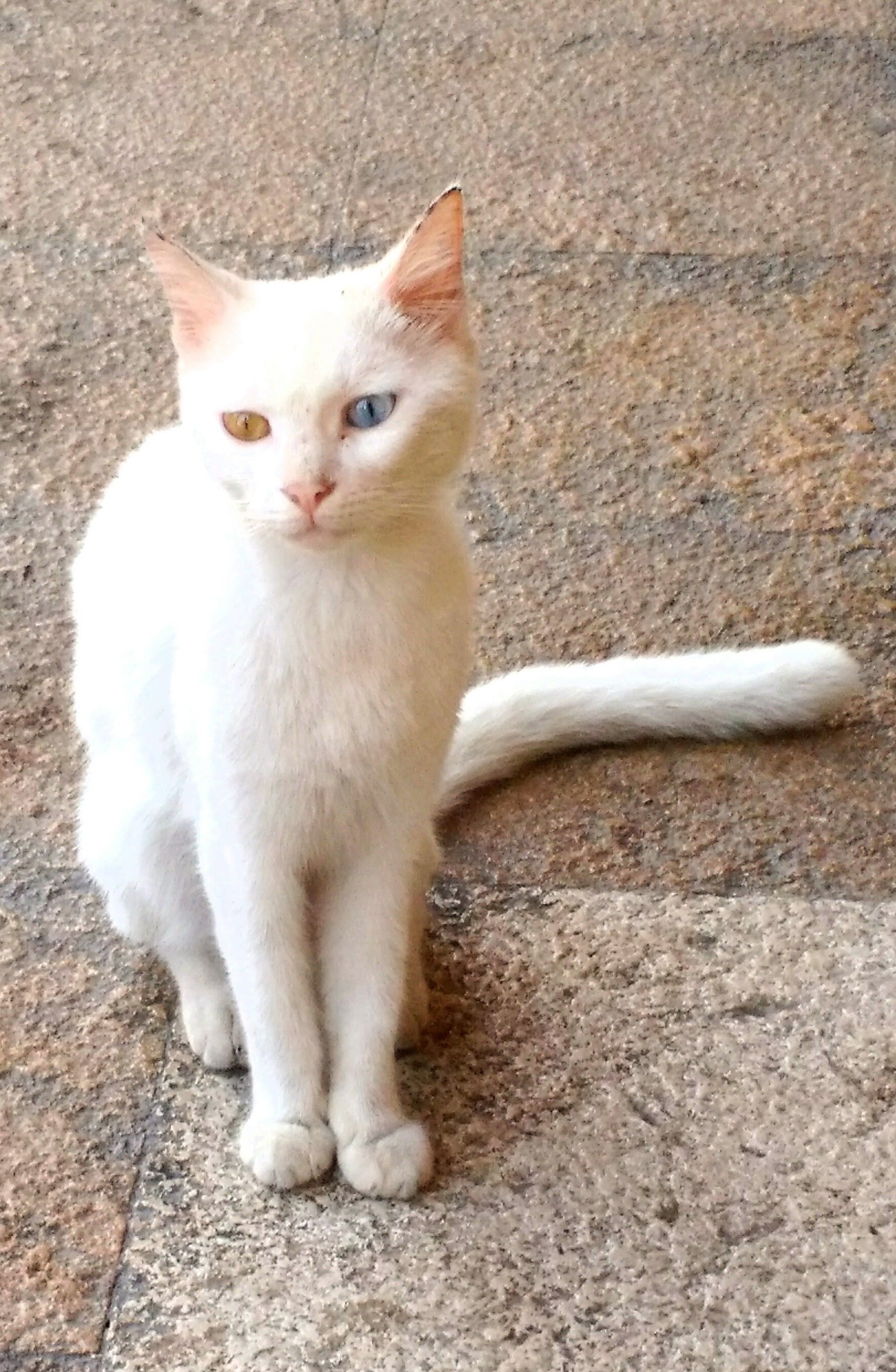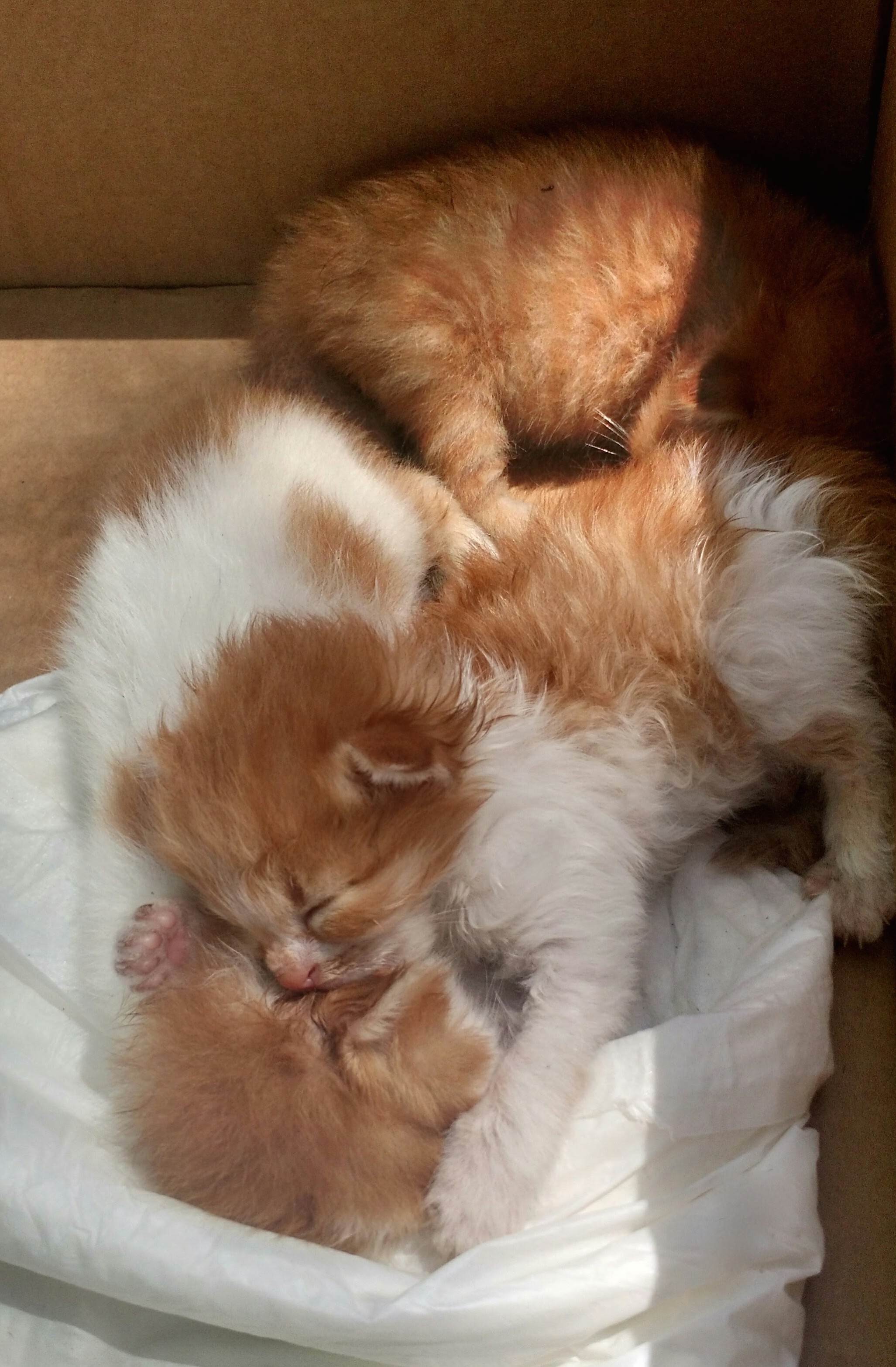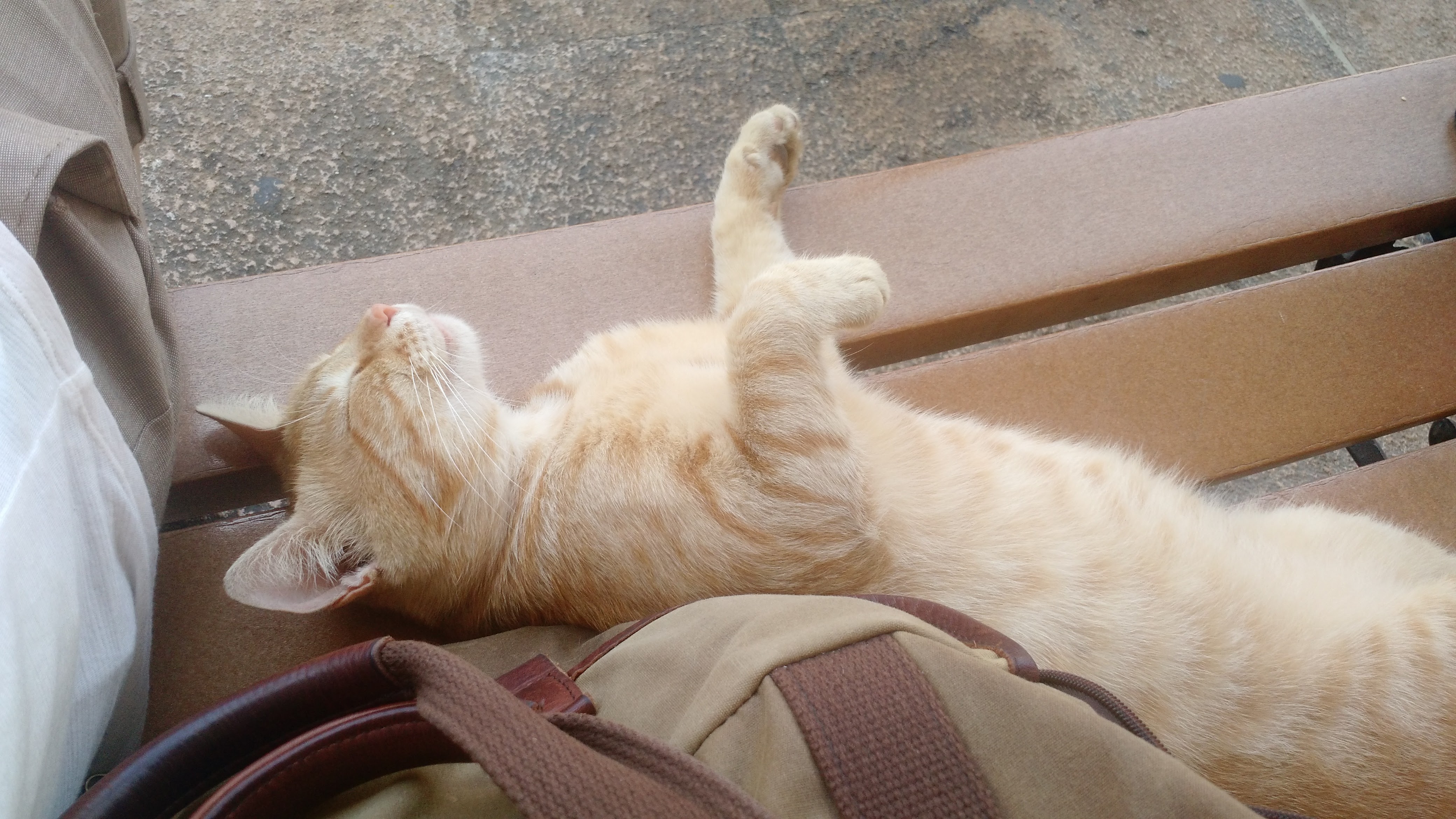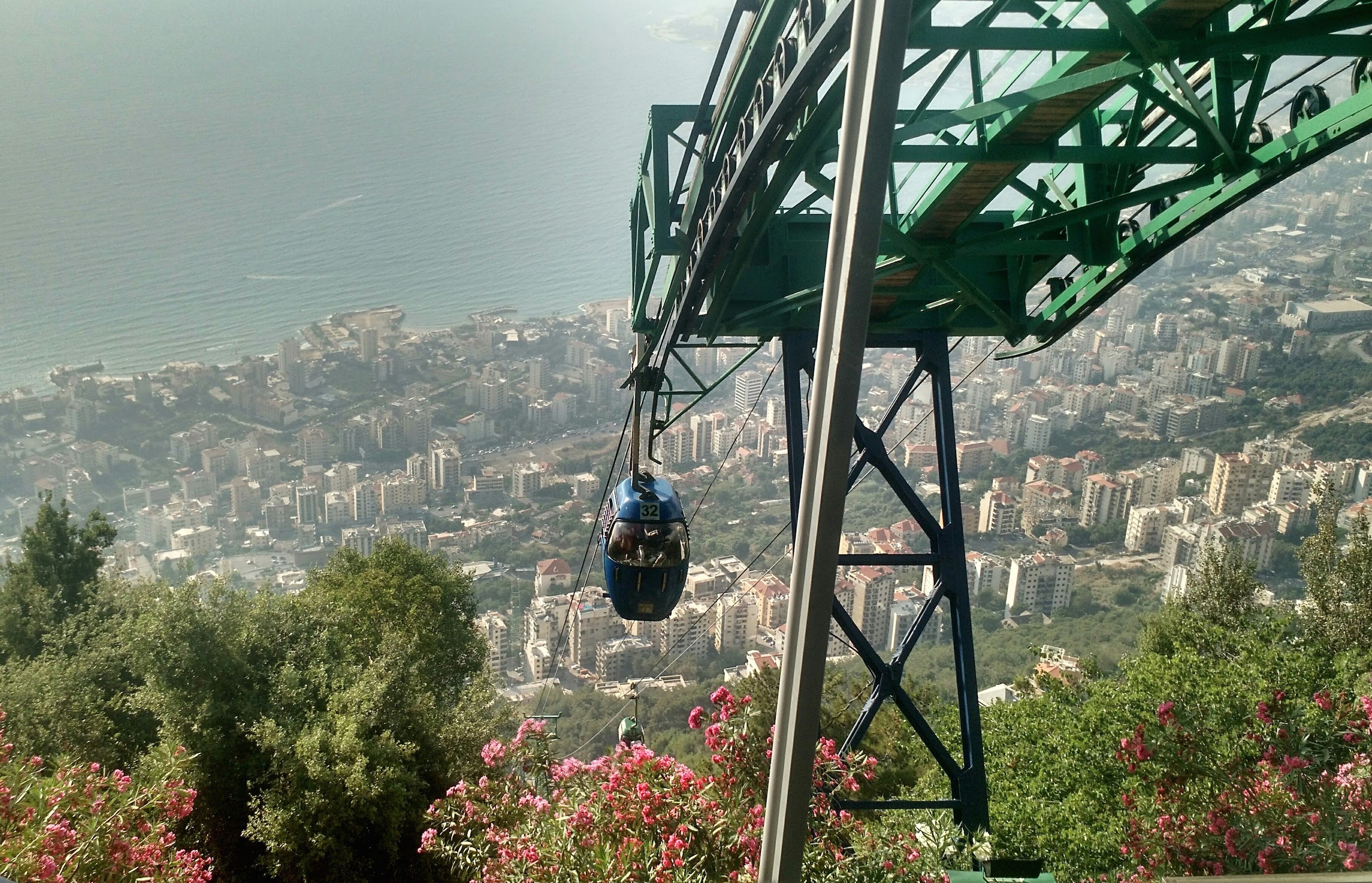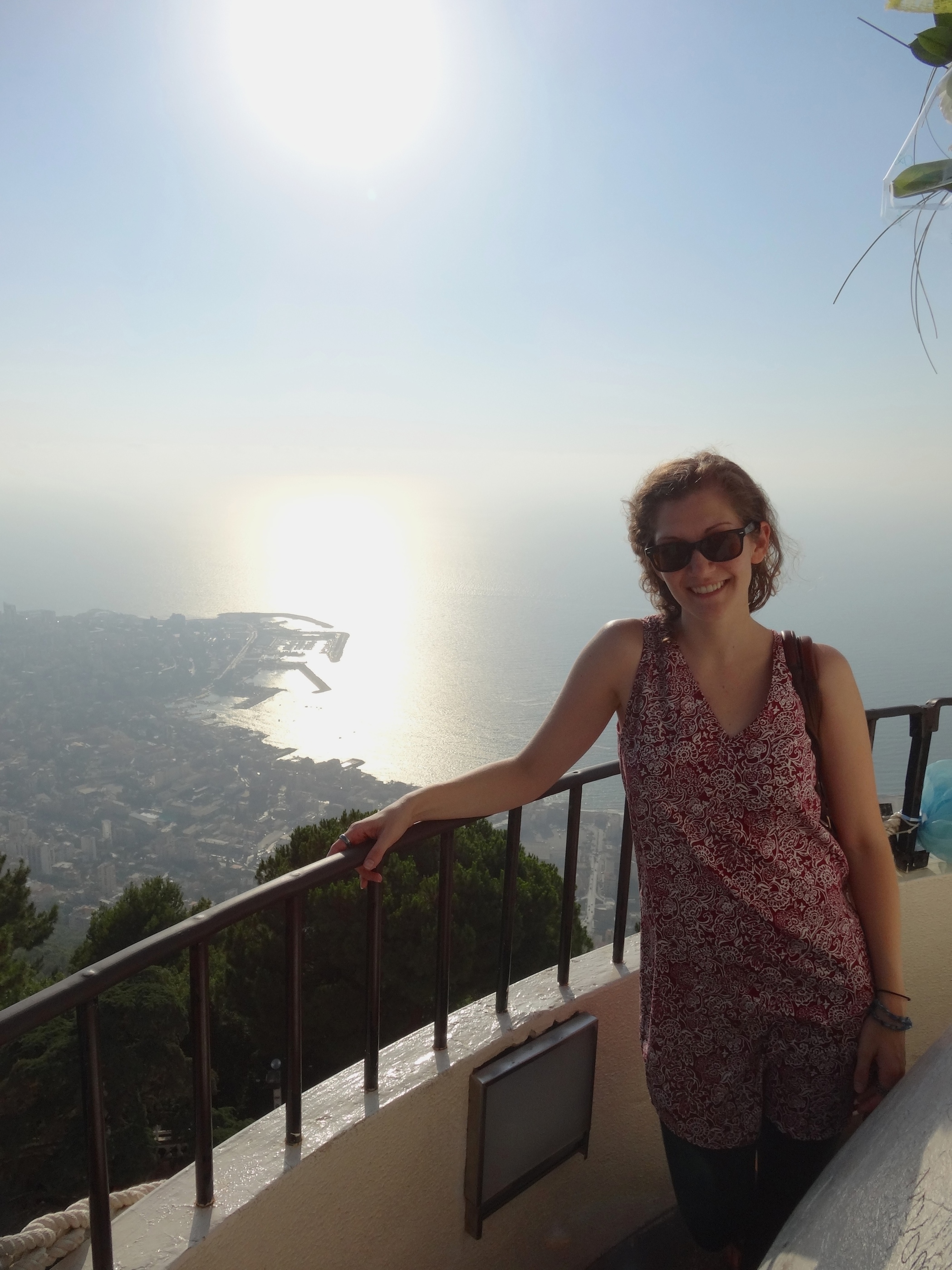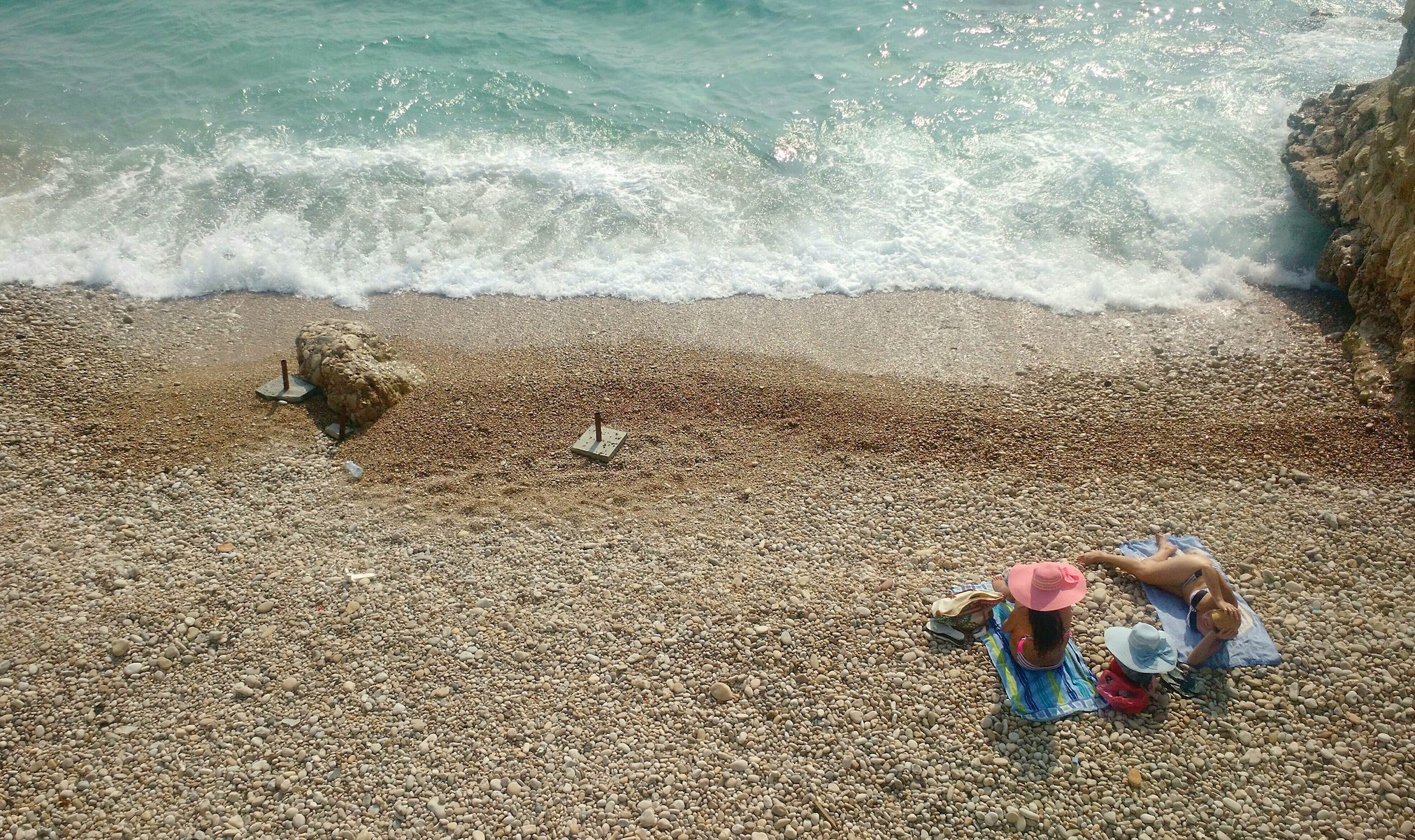In a previous post, I had briefly mentioned the separation between colloquial Arabic and formal Arabic, as well as the difficulties this separation poses for students who are trying to learn and apply the language. It has long been a debate among those who teach Arabic whether it is better to begin with Fusha (standard) and move into Ammiya (colloquial), or whether it’s better to move in the opposite direction. Even during my placement exam for this program, I had to write a short essay in Arabic about which side of the debate I agree with. As with most debates, there are solid and convincing arguments for each side.
By learning Fusha first, you can learn the mechanics of the language – the roots and patterns in each word, and the way they can be manipulated, almost mathematically, to help you infer and conjugate an array of nouns, gerunds, and verbs both active and passive. For the academics among us, the formal language can help us to read books, poetry, research articles, and newspapers in Arabic. It helps us to communicate in scholarly and professional settings, and it endows us with the bare bones needed to navigate across any country in the Arab world. Using Fusha, I can generally get by (with varying degrees of ease) whether I am traveling in Lebanon, Tunisia, Oman, or Sudan. Knowing only Ammiya restricts us to a specific locale and makes it difficult to apply the rules of Arabic to infer new words and verbal constructions. For these reasons, I often find myself arguing in favor of the “Fusha first” contingent.
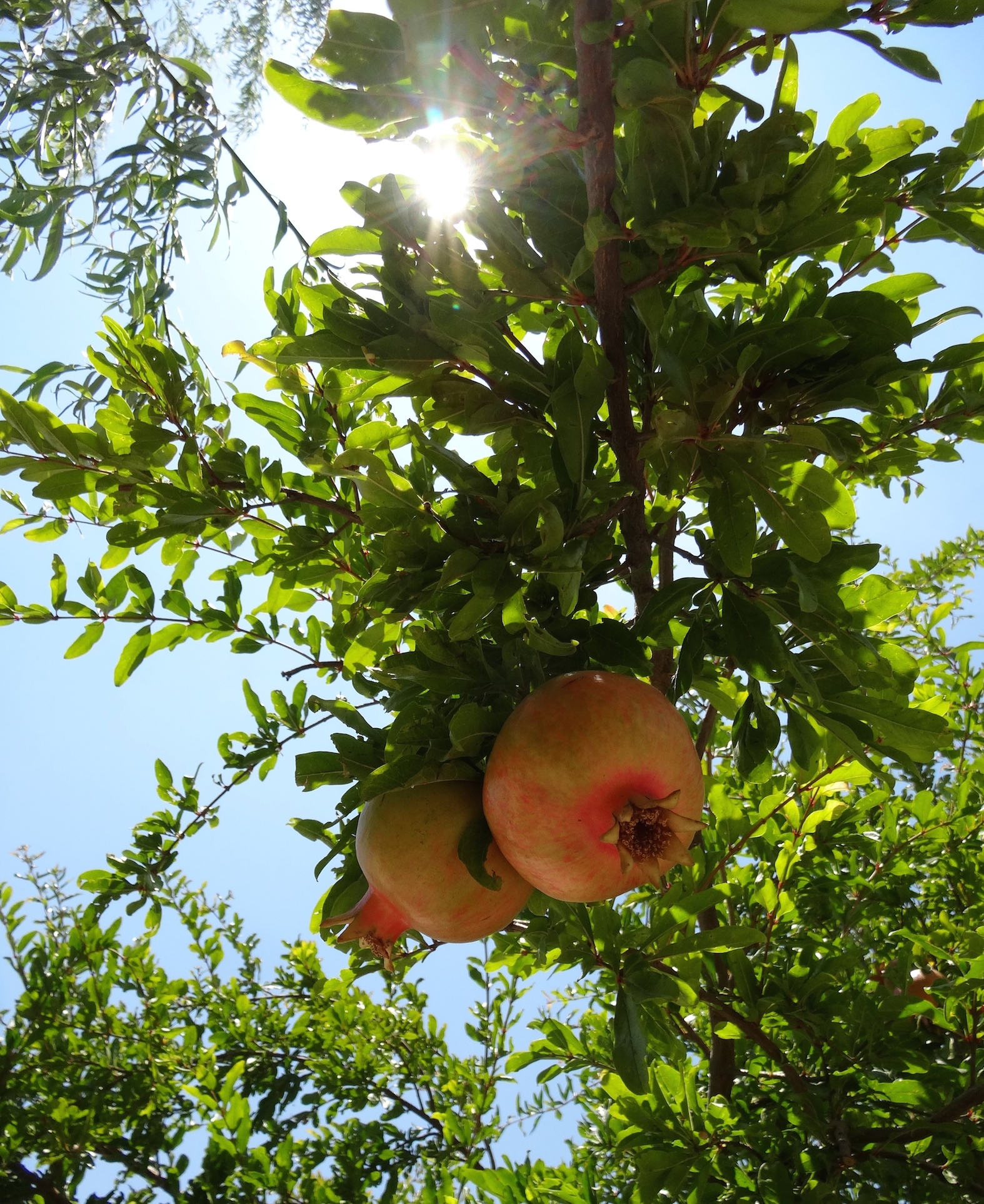
A pomegranate tree in Deir al-Qamar. Interestingly, the Arabic word for pomegranate (ramman) is the same word for grenade.
Yet, my time in Lebanon has had me questioning this position. It’s true that Fusha is useful for the Gulf countries, as their dialect is incredibly similar to the formal style. In other countries (e.g., Iraq, Palestine, Jordan), the education system places a great amount of importance on teaching Fusha in primary and secondary schools so that most of the population can understand and speak the formal language when necessary. However, Lebanon does not fit into either of these categories. Their education system operates almost entirely in English and French. Even in higher education, universities like AUB and Lebanese American University teach their courses in English, while Université Saint-Joseph teaches in French. Ammiya is used for almost everything else. Even in the Summer Arabic Program, many of the classes and lectures have fused Fusha with Ammiya in such a way that it was necessary to learn a certain degree of both languages just to follow along.
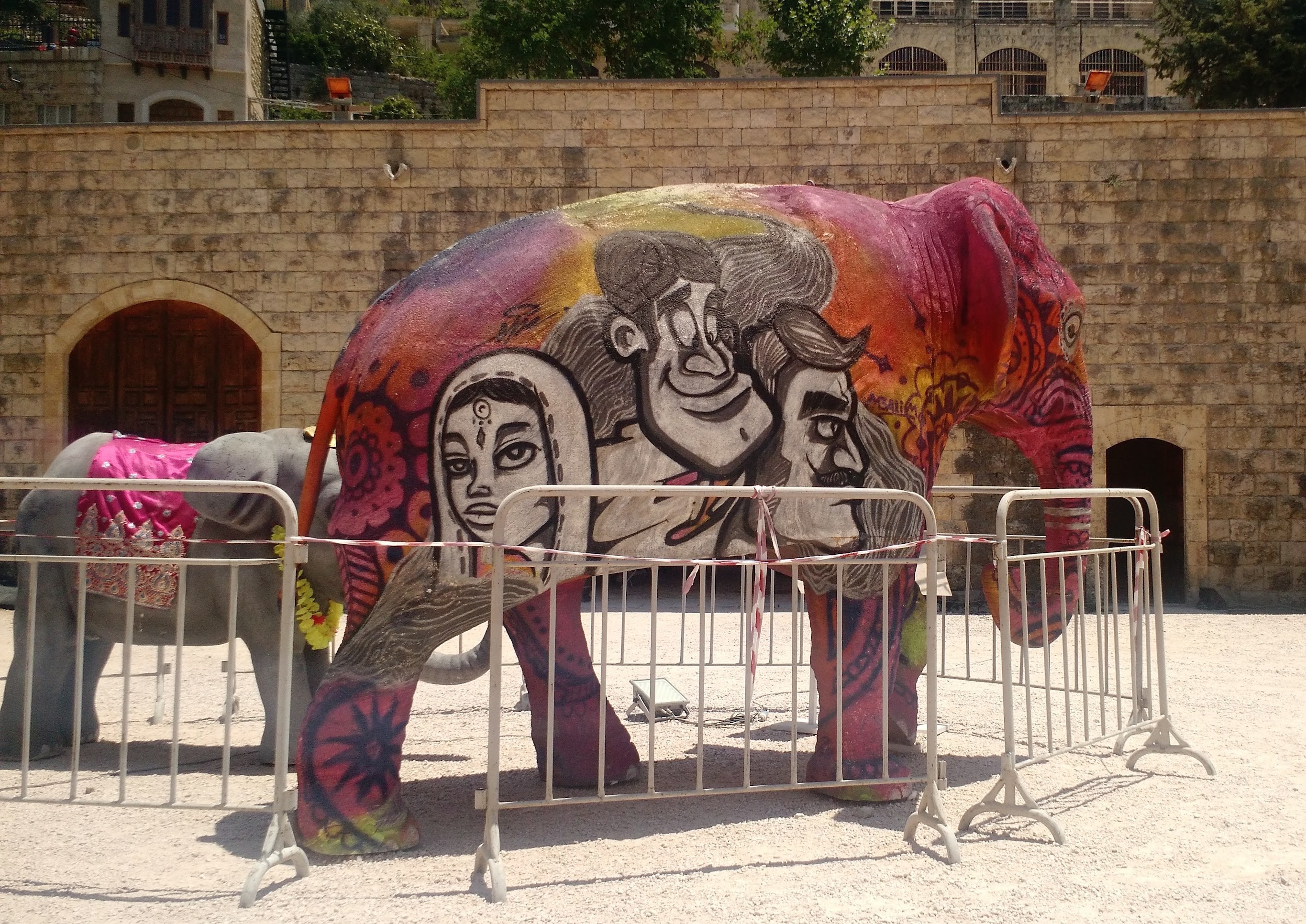
Here is a graffitied elephant statue that I first saw on AUB’s campus in Summer 2015. I happened upon it again this past summer, stored in what looked to be an abandoned parking lot on the opposite end of the city. A month later, I saw it again outside of Beiteddine Palace – which is an hour’s drive outside of Beirut. I don’t know why this elephant and I keep meeting in new places, but I’m starting to feel bonded to it.
Knowing the local dialect helps you to immerse yourself in a given context and learn the culture, regardless of which Arab country you happen to be visiting. And in a place like Lebanon, Ammiya is not just a helpful tool for cultural immersion; it is a fundamental requirement for it. If you want to avoid English and French, the dialect is necessary for interacting with people in any meaningful way. Fusha may be the language of classical literature and politics, but Ammiya is the people’s language – the language of ordering food at restaurants, of asking for directions, and negotiating with taxi drivers. It’s the language of asking someone how their day has been and how their family is doing. You can’t know Lebanon without learning Ammiya.
The divide between these two forms of Arabic has led me to reflect on my language education during the program – particularly the frustration that, yes, I can have conversations about any number of topics spanning history, religion, violence, and politics in the Middle East. But I cannot explain to the health center why I’m not feeling well. This is a realization that has been sitting uneasy with me this entire summer, and something that I will need to revisit when deciding next steps for my Arabic education.
